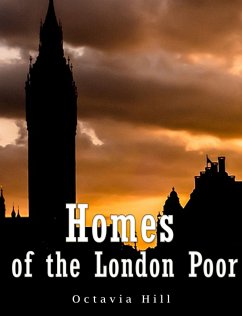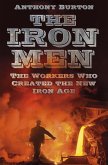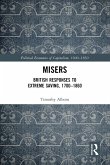Homes of the London Poor describes the living conditions of the poor in London. It was published in 1875.
Das E-Book Homes of the London Poor wird angeboten von Charles River Editors und wurde mit folgenden Begriffen kategorisiert: industrial revolutionDieser Download kann aus rechtlichen Gründen nur mit Rechnungsadresse in A, B, BG, CY, CZ, D, DK, EW, E, FIN, F, GR, H, IRL, I, LT, L, LR, M, NL, PL, P, R, S, SLO, SK ausgeliefert werden.









